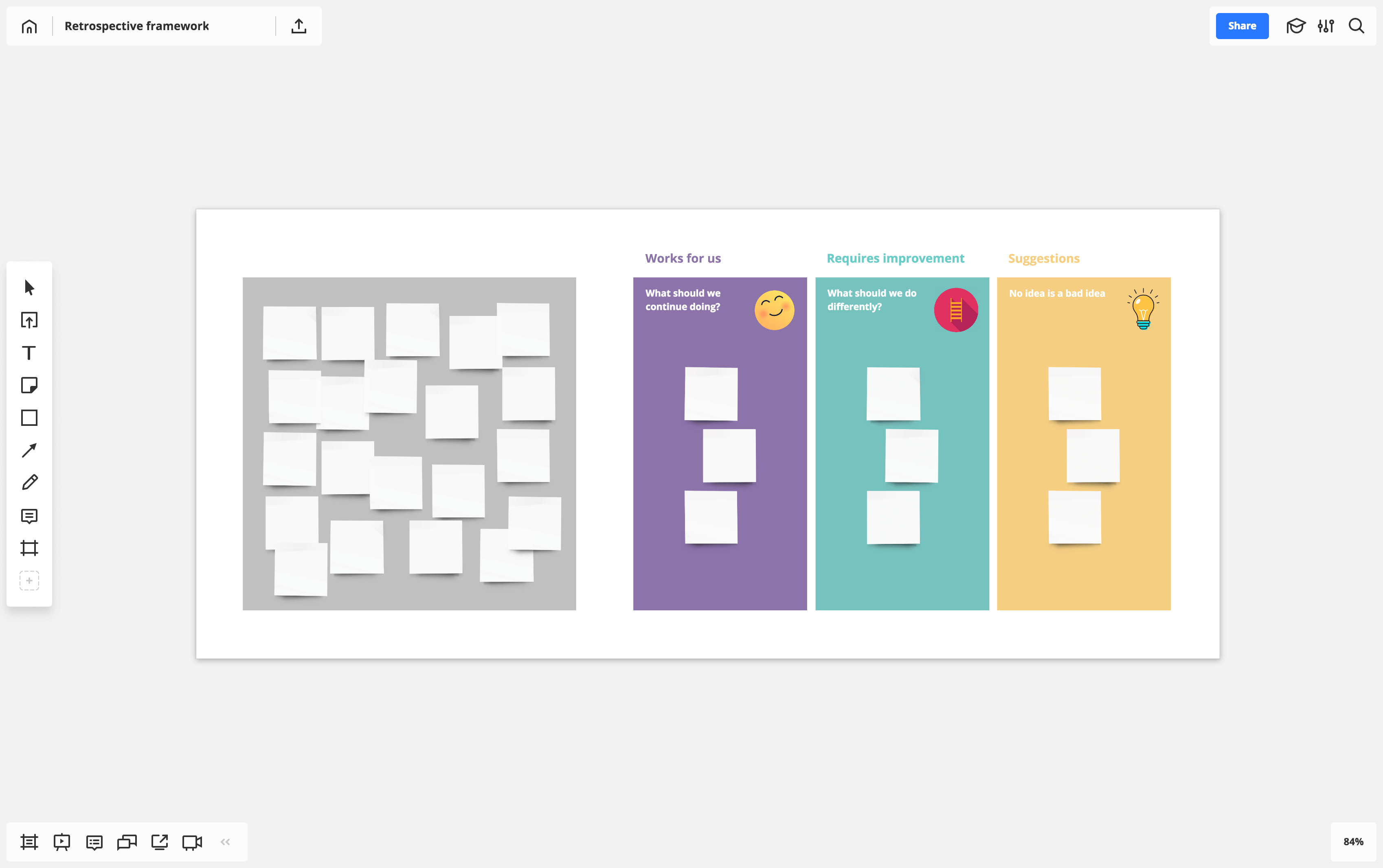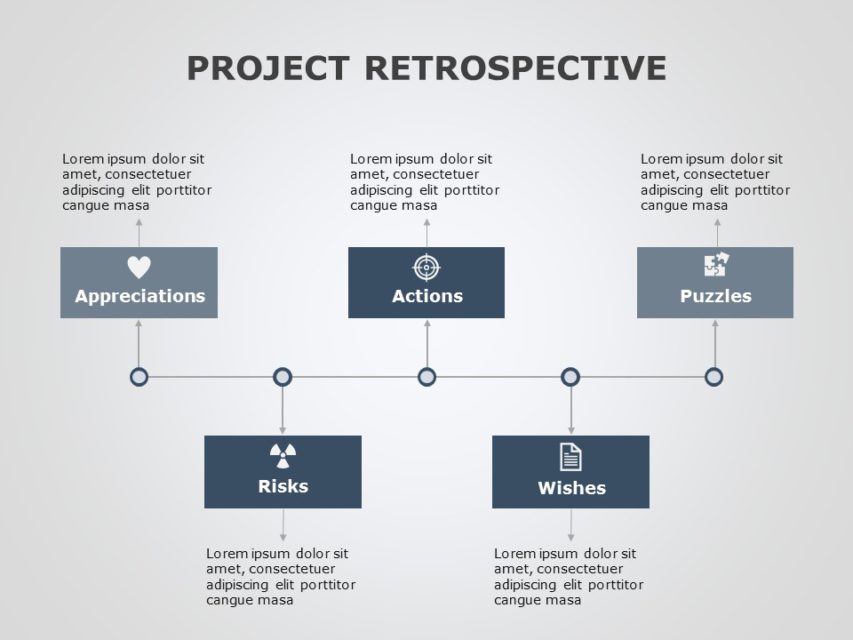

A rose by any other name would smell as sweet.
#Retrospective how to
Think about it: the phrase “at regular intervals, the team reflects on how to become more effective” basically describes retrospectives in a nutshell. While this principle doesn’t explicitly mention the word “retrospective,” it does implicitly describe the need for them. "At regular intervals, the team reflects on how to become more effective, then tunes and adjusts its behavior accordingly." Principles Behind The Agile Manifesto And the twelfth and final principle behind the Agile Manifesto is:

Underpinning the entire agile movement is the Agile Manifesto. In other words, agile is all about continuous improvement. It is a way of dealing with, and ultimately succeeding in, an uncertain and turbulent environment.” If you don’t know what I’m talking about, then let’s get you up to speed real quick.Īccording to the Agile Alliance, agile is “the ability to create and respond to change. That’s because the most popular approach to agile - Scrum - explicitly incorporates retrospectives into its process. Most people associate retrospectives with the agile movement. In practice, most teams use the retrospective as an opportunity to identify issues and to come up with ideas on how to remediate them. And by Actionable Team Learning, I mean that the knowledge or skills that the team has acquired must have the potential to lead to change.Īny meeting that satisfies those three criteria is a retrospective. By Team Learning, I mean that the learning must be for the whole team and not isolated to an individual. By Learning, I mean that the retrospective must lead to the acquisition of new knowledge or skills. Retrospectives enable Actionable Team Learning. Most retrospectives focus on discovering answers to three questions: In other words, retrospectives are a chance for your team to inspect how it works and to adapt going forward. The retrospective is an opportunity for your team to reflect on what has occurred and to construct ways to become better going forward.


 0 kommentar(er)
0 kommentar(er)
